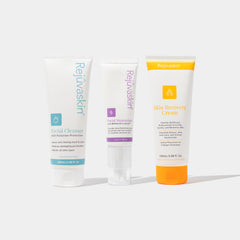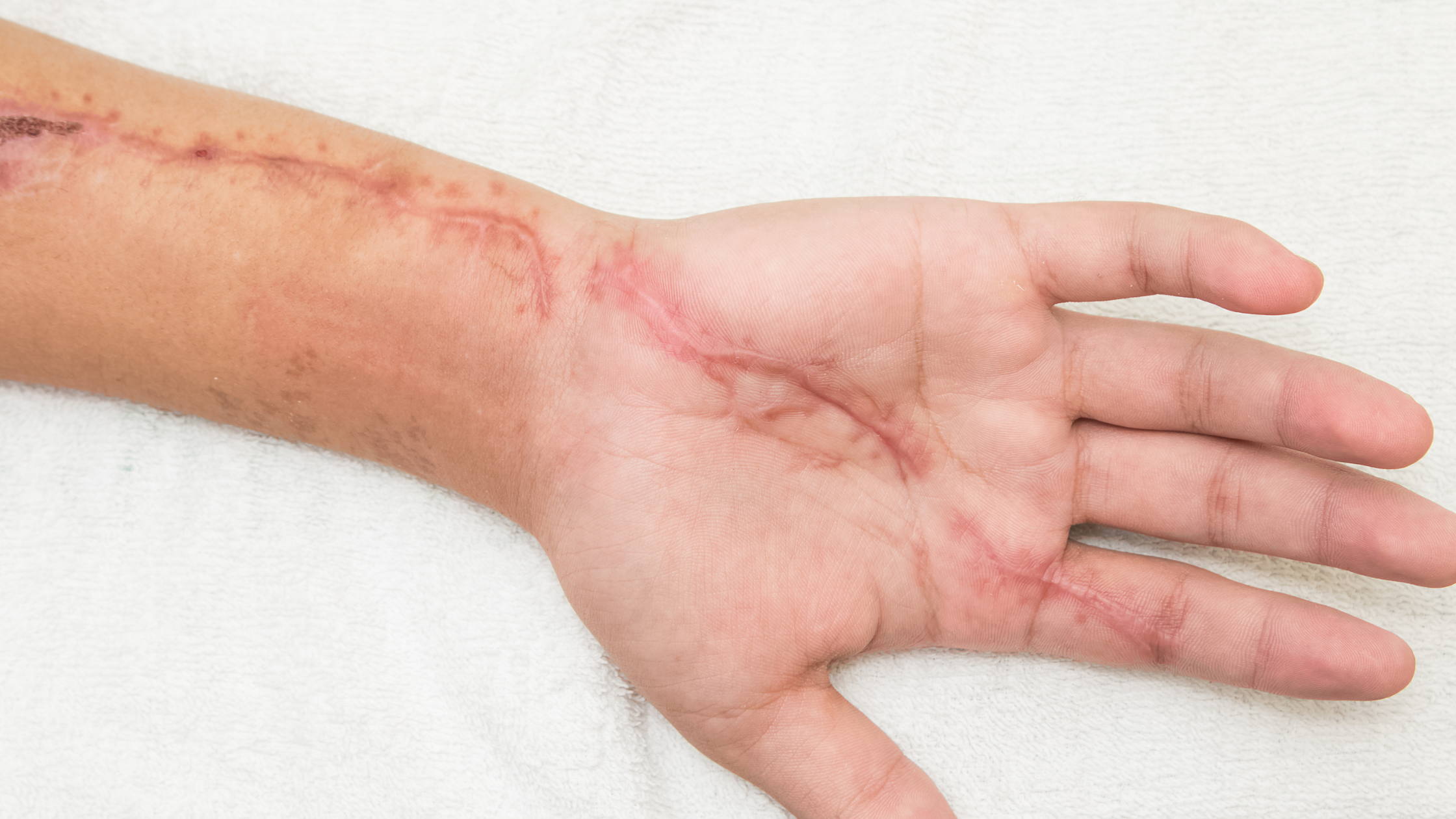If you have a new scar, chances are pretty high that it’s giving you a hard time. As scars move through the different stages of wound healing, you’ll experience a variety of sensations. During the early stages, itching (pruritus) can be incredibly frustrating (and damaging to the healing process if you succumb to the urge).
Today, we’re going to chat about what causes itchy scars and how to get some itchy scar relief. Let’s get started.
What Causes Itchy Scars?
For scars, specifically, scientists aren’t completely sure of the cause of severe itching. Here are some factors that they believe are at play:
Immunological Reasons
A 2021 keloid study suggested that the mechanism might be due to the large number of immune cells that can be found at scar sites. Several of these types of cells directly contribute to the itch sensation.
Neural Reasons
Another factor at play could be nerve regeneration, especially in the skin. There are many different nerve endings that can get severed when an injury or surgical incision occurs. Not only does the skin itself need to heal and recover, but the nerve infrastructure also needs to recover during wound healing. While sensation returns to the area, itching may occur.
Remodeling Reasons
There’s also quite a lot happening in scars on a structural level. Scars form by laying down collagen in huge quantities. Collagen fibers are somewhat stiff, and especially in the case of keloids, the restructuring of these fibers can lead to itchiness.
Psychological Reasons
Interestingly, there’s a link between itchiness and psychology. Scars aren’t mentioned anywhere in this 2018 study, but it does outline the relationship between anxiety/stress and itching. Itching provides the brain with positive, satisfactory feedback. This, combined with the inflammation caused by itching, creates a feedback loop that’s really hard to get out of.
Dryness & Water Loss
It’s been established that a moist wound will heal better. But what you may not know is that it will also help reduce itching. Dry skin is itchy – it’s our body’s way of getting rid of the dead skin. However, on a scar, we really don’t want that; we want the scar to stay moist and have the best healing environment.
How To Get Itchy Scar Relief: Treatment Options
Based on the above information, anything that keeps the scar moist, reduces inflammation, helps the scar heal as fast as possible, and keeps you from falling into an itch feedback loop will be a good solution.
Silicone Products
Silicone gels and sheets create a protective barrier that helps maintain moisture and reduce collagen production, effectively minimizing itching and promoting smoother scar formation. Rejuvaskin's Rejuvasil Silicone Scar Gel is an excellent choice. It contains 97% liquid silicone and additional ingredients like Vitamin C, Squalane, and Emu Oil, which soothe the skin and enhance healing
Onion Extract
This is another great, gentle option that won’t cause dependency in the long run. Onion extract is anti-inflammatory, so it can help reduce at least that cause of itchiness. Combined with an effective occlusion solution (like silicone products), you’ll be on your way to itch-free success.
Check Our Our Scar Esthetique Cream with Onion Extract →
And More
Some people may also find relief with compression bandaging and scar massage. These can help keep your scar soft and supple.
And remember, if you still don’t find relief, try talking to a dermatologist; they may be able to help!





















Leave a comment